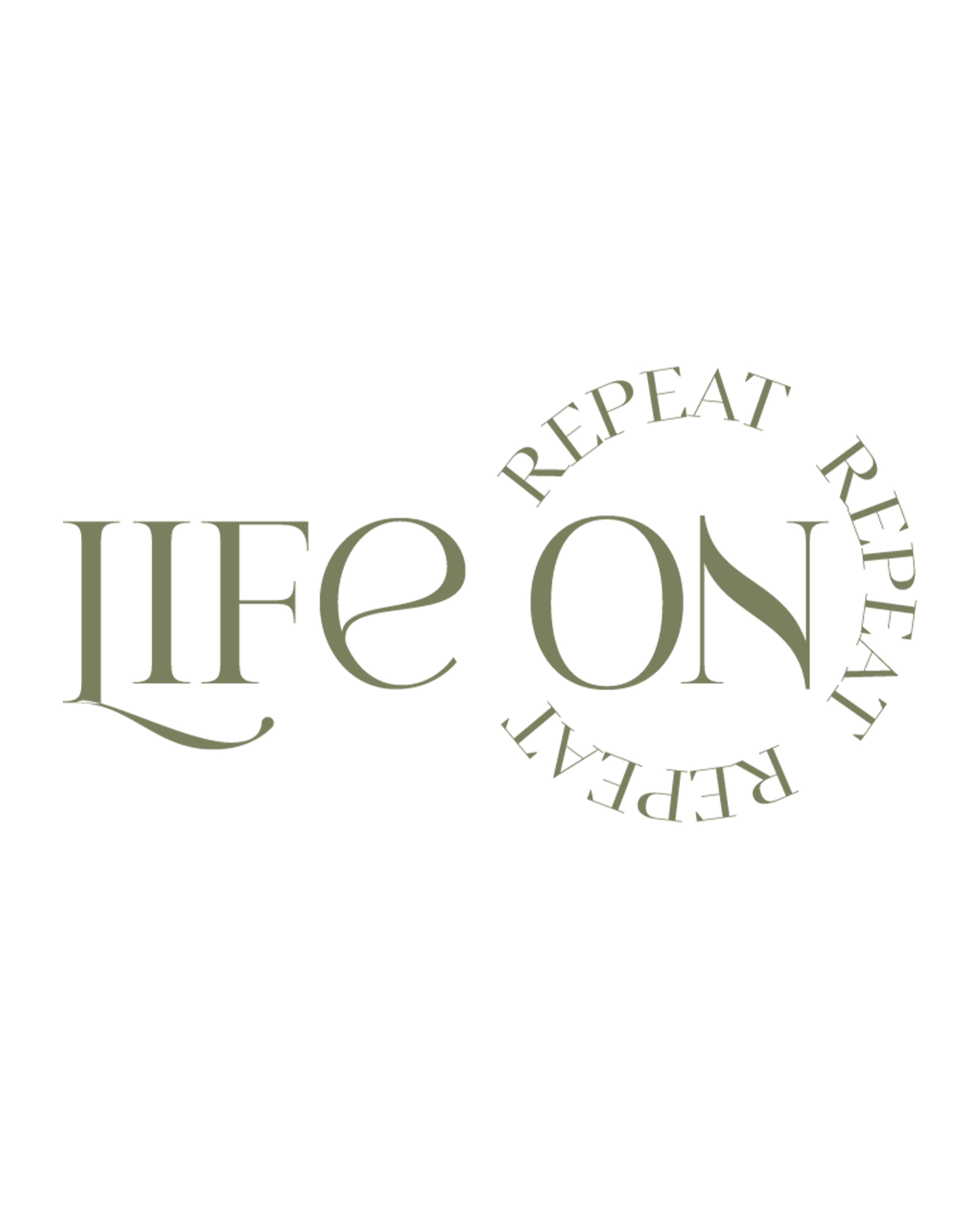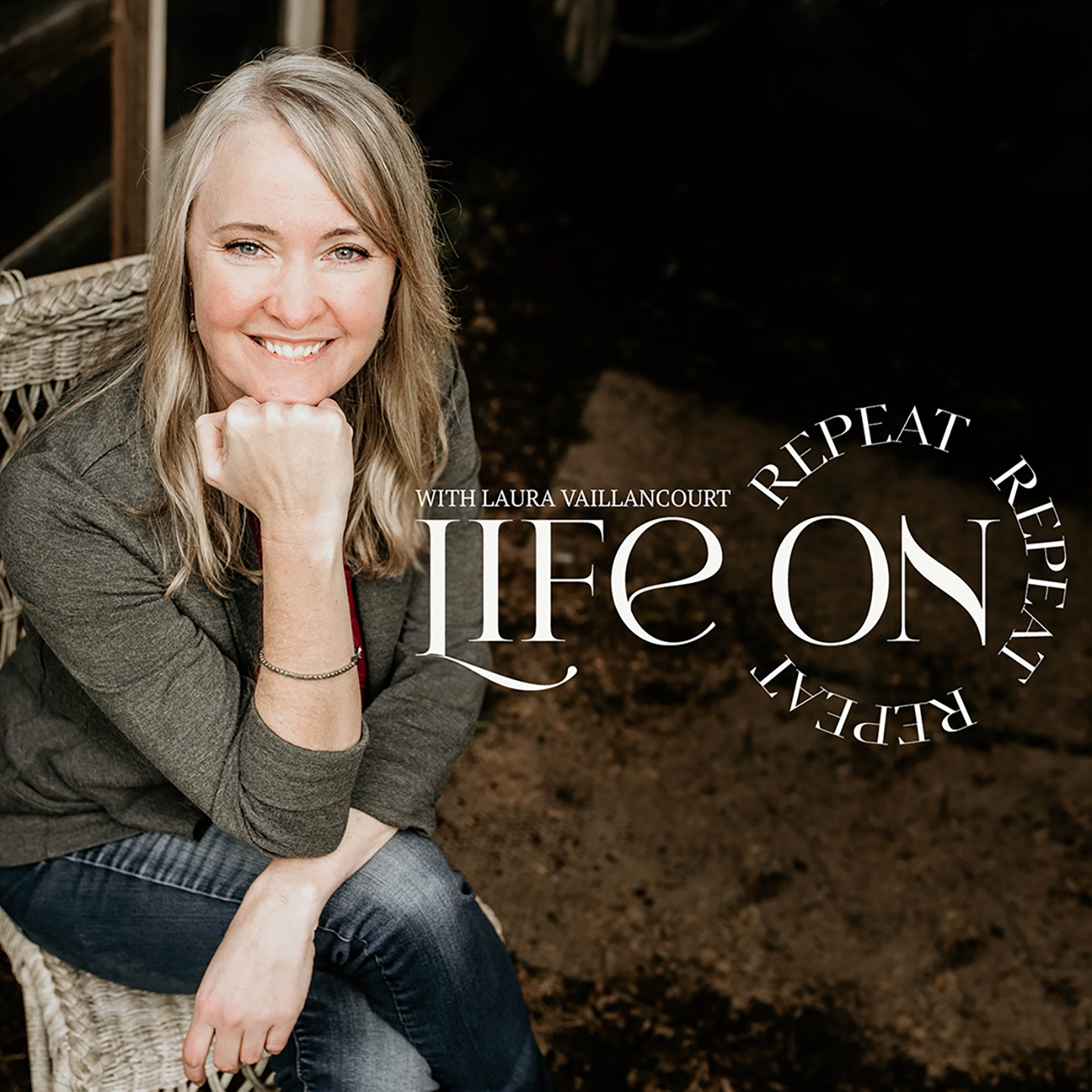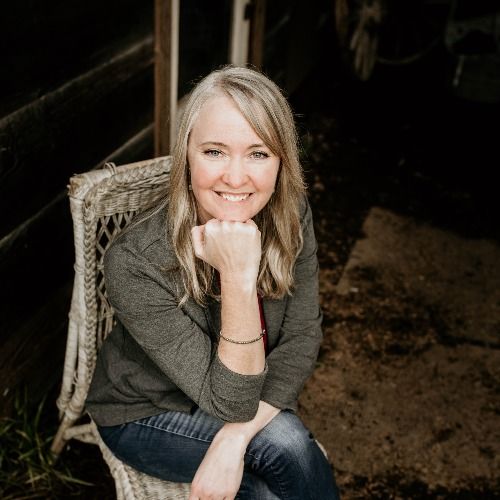Episode 27
Music & Dementia: How Sound Transforms Caregiving and Connection | with Grace Meadows
What if one of the most powerful tools for connection, communication, and care was something you already had access to — music? In this inspiring episode, Laura is joined by Grace Meadows, music therapist and Campaign Director for Music for Dementia, a UK-based initiative dedicated to making music an integral part of dementia care.
Grace shares why music isn’t just a nicety — it’s a necessity — and how it can bridge gaps, reduce resistance, spark joy, and create deeply meaningful connections for people living with dementia and their care partners. Whether you’re a caregiver, professional, or family member, this conversation will change the way you think about music’s role in care.
👤 Meet Grace Meadows:
Grace Meadows is a qualified music therapist and the Campaign Director for Music for Dementia, a UK-wide campaign working to make music a central part of dementia care. Backed by the Utley Foundation, the campaign connects organizations, shares best practices, influences policy, and provides resources to empower caregivers and professionals. Grace is passionate about using music as a tool for connection, creativity, and improved quality of life.
📌 Topics Discussed:
- Why music is more than entertainment — it’s an essential part of dementia care
- How humans are hardwired for rhythm before birth
- Seeing the person beyond the diagnosis through music
- Using music to reduce anxiety, agitation, and resistance
- How caregivers can use music for their own self-care and emotional well-being
- Practical ways to integrate music into daily routines and transitions
- How music creates “emotional bank deposits” that sustain caregivers
- Creative strategies for discovering a loved one’s musical preferences
- How music therapy reveals culture, identity, and personal history
- Real-life stories of transformation through music in care settings
⏱️ Timestamps (Approximate):
00:00 – Introduction and Grace’s background
05:30 – We are all musical: how humans are wired for rhythm
09:45 – The mission of Music for Dementia and why it matters
14:20 – Seeing the person beyond dementia through music
20:10 – Music as a bridge for connection and emotional expression
27:00 – How music supports caregivers too
32:40 – Practical ways to use music during care tasks and transitions
42:15 – Tips for discovering music preferences and building playlists
51:30 – The importance of identity, culture, and personalization
56:50 – Real stories of transformation through music
1:04:00 – How to get started and resources available
💡 Key Takeaways:
- Music is a necessity, not a luxury, in dementia care.
- It helps people feel seen and connected beyond their diagnosis.
- Music can reduce anxiety, agitation, and the need for medication.
- Caregivers benefit too — music replenishes emotional energy.
- Even if you’re “not musical,” you can use music as a tool for connection.
- Musical memories from ages 15–25 are often the most deeply stored — start there.
- Music therapy can reveal identity, culture, and preferences that shape care.
📚 Resources Mentioned:
Music for Dementia Website
5 Ways to Use Music PDF
M4D Radio
– 24/7 music radio designed for people living with dementia
🤝 Connect with Grace Meadows:
Website: musicfordementia.org.uk
Instagram: musicfordementiauk
🌿 Connect with Laura Vaillancourt & the Life on Repeat Podcast:
Instagram: @lifeonrepeat.podcast
Facebook: Life on Repeat Podcast
Website: lifeonrepeatpodcast.com
Email: hello@lifeonrepeatpodcast.com
💜 If this episode resonated with you, please subscribe, share it with a caregiver friend, and leave a review — it helps others discover the support they need. And remember: music isn’t just background noise — it’s a bridge to connection, creativity, and care.



